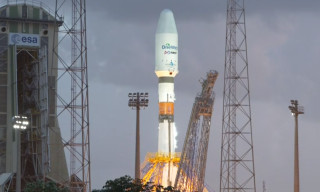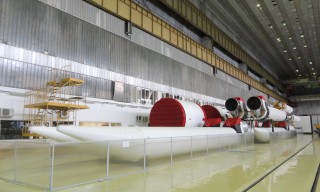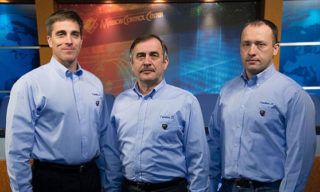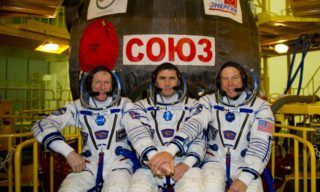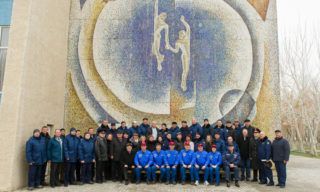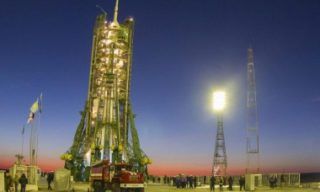Latest news:
Jul 2, 2025
-
This error message is only visible to WordPress admins
Error: API requests are being delayed. New posts will not be retrieved.
There may be an issue with the Instagram access token that you are using. Your server might also be unable to connect to Instagram at this time.
Error: API requests are being delayed for this account. New posts will not be retrieved.
There may be an issue with the Instagram access token that you are using. Your server might also be unable to connect to Instagram at this time.
Categories
- Angara (43)
- Astronomy (9)
- Baikonur Cosmodrome (520)
- Brazil (1)
- China (4)
- CrewDragon (4)
- Defenсe (47)
- ESA (119)
- Falcon (2)
- Featured article (12)
- GCTC (222)
- Guiana Space Centre (17)
- History (59)
- India (1)
- ISS (550)
- JAXA (49)
- Johnson Space Center (3)
- Khrunichev State Research and Production Space Center (63)
- Mars (8)
- MCC (85)
- Moon (21)
- NASA (206)
- Plesetsk Cosmodrome (84)
- Progress (233)
- Proton (137)
- Roscosmos (645)
- ROSS (4)
- RSC Energia (94)
- Russia (755)
- Satellites (232)
- Science (137)
- Soyuz (550)
- Space (472)
- Spacewalk (72)
- SpaceX (6)
- Star city (67)
- Starliner (7)
- Tourism (27)
- USA (72)
- USSR (1)
- Vostochny Cosmodrome (69)
- Zero Gravity (12)





